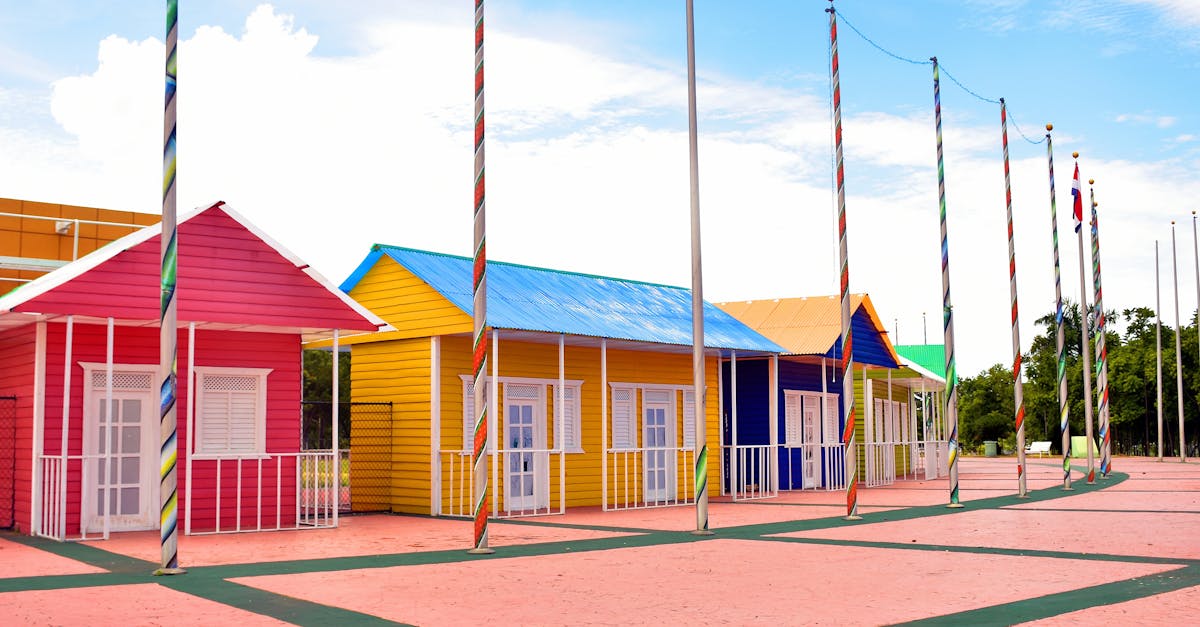
Environmental Impact of Metal Roofing Installation
Resistance to Harsh Weather ConditionsBy taking advantage of rebates and tax credits for cool roofs, you can offset some of the initial costs of installation and enjoy long-term savings on energy bills.
Metal roofing has gained popularity due to its remarkable resistance to harsh weather conditions. Its durability and strength make it highly capable of withstanding extreme weather events such as heavy rain, strong winds, hailstorms, and even snow in various regions of Australia. Unlike other roofing materials, metal roofs are less susceptible to damage caused by these weather conditions, providing a long-lasting and reliable solution for homeowners and businesses alike.
The robust nature of metal roofing ensures that it maintains its structural integrity even in the face of severe weather elements. This resilience not only safeguards the building itself but also protects its occupants and contents from potential harm. With its ability to withstand the toughest weather conditions, metal roofing offers peace of mind to property owners, knowing that their investment is well-protected against the unpredictable Australian climate.Related Links
Protection Against Climate Change EffectsImpact of Cool Roofs on Indoor Comfort and Air Quality
Moreover, metal roofs also play a role in reducing greenhouse gas emissions and combating climate change in urban settings. By lowering the temperature in cities, the demand for energy-intensive cooling systems decreases, subsequently reducing the carbon footprint of buildings. This indirect contribution to climate change mitigation positions metal roofing as a sustainable choice for urban environments looking to improve environmental sustainability and resilience.Benefits of Cool Roofs in Reducing Urban Heat Island Effect
Noise Reduction and Insulation Properties
Metal roofing offers excellent noise reduction and insulation properties, making it a popular choice for residential and commercial buildings in Australia. The solid structure of metal panels effectively blocks out external noises, providing a quieter indoor environment for occupants. This is especially beneficial in urban areas where noise pollution can be a significant problem, allowing residents to enjoy a more peaceful living or working space.
In addition to noise reduction, metal roofing also provides superior insulation properties that help regulate indoor temperatures throughout the year. By reflecting sunlight and heat away from the building during hot summers, metal roofs help maintain a cooler indoor environment and reduce the need for excessive air conditioning. Conversely, during colder months, the insulation properties of metal roofing help retain heat inside the building, improving energy efficiency and keeping occupants warm and comfortable.
Improved Indoor Comfort and Energy Savings
elp in regulating indoor temperatures, keeping spaces cool in the summer and warm in the winter. This results in reduced reliance on heating and cooling systems, leading to substantial energy savings for the occupants.
Moreover, metal roofs are known for their durability and longevity, which translates to lower maintenance costs over time. By preventing heat loss in winter and heat gain in summer, metal roofing systems create a more comfortable indoor environment throughout the year. The energy efficiency of metal roofs plays a crucial role in reducing carbon footprint and promoting sustainable living practices in urban areas.
FAQS
How does metal roofing contribute to the resistance against harsh weather conditions?
Metal roofing is known for its durability and ability to withstand extreme weather conditions like heavy rain, strong winds, and hail, providing long-lasting protection for your home.
Does metal roofing help in reducing the impact of climate change effects?
Yes, metal roofing can help mitigate the impact of climate change by reflecting sunlight and reducing heat absorption, thereby keeping buildings cooler and reducing the need for air conditioning.
Metal roofing can help counteract the Urban Heat Island effect by reflecting heat away from buildings, reducing temperatures in urban areas, and contributing to a more comfortable environment.
What are the cooling benefits of metal roofing in urban environments?
Metal roofing helps in cooling urban environments by reflecting heat, reducing energy consumption for cooling systems, and creating a more sustainable and comfortable living space.
How does metal roofing provide noise reduction and insulation properties?
Metal roofing acts as an effective barrier against external noise and provides insulation properties that help regulate indoor temperatures, improving comfort levels and reducing energy costs.
Related LinksTerms of Use
Longevity and Durability of Metal RoofingBenefits of Metal Roofing for Your Home
Installing Metal Roofing: DIY vs Professional Installation
Maintaining and Caring for Your Metal RoofingPrivacy Policy
Comparing the Cost of Metal Roofing with Other Materials
Pros and Cons of Installing Metal Roofing
How to Choose the Right Metal Roofing for Your Climate
Energy Efficiency of Metal Roofing
Types of Metal Roofing to Consider for Roof Replacement